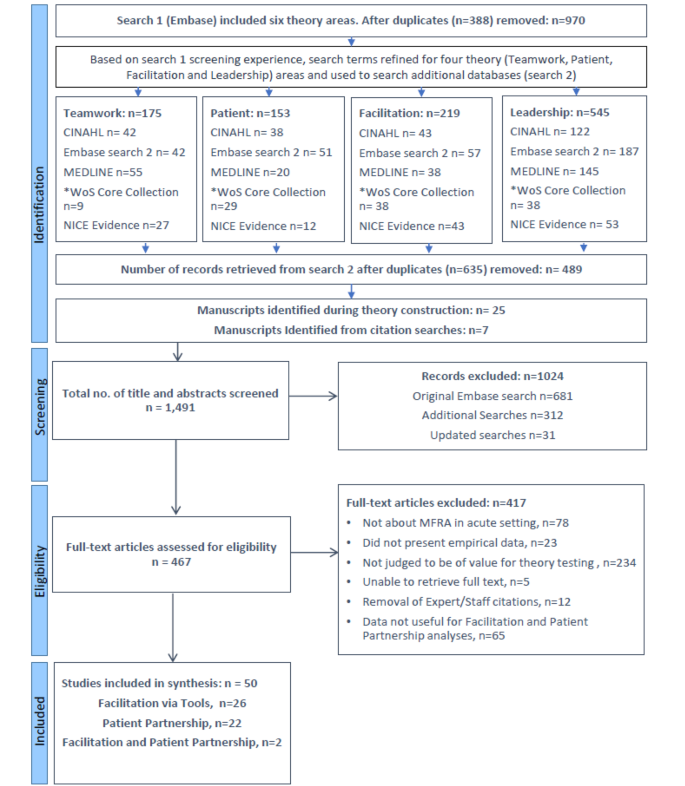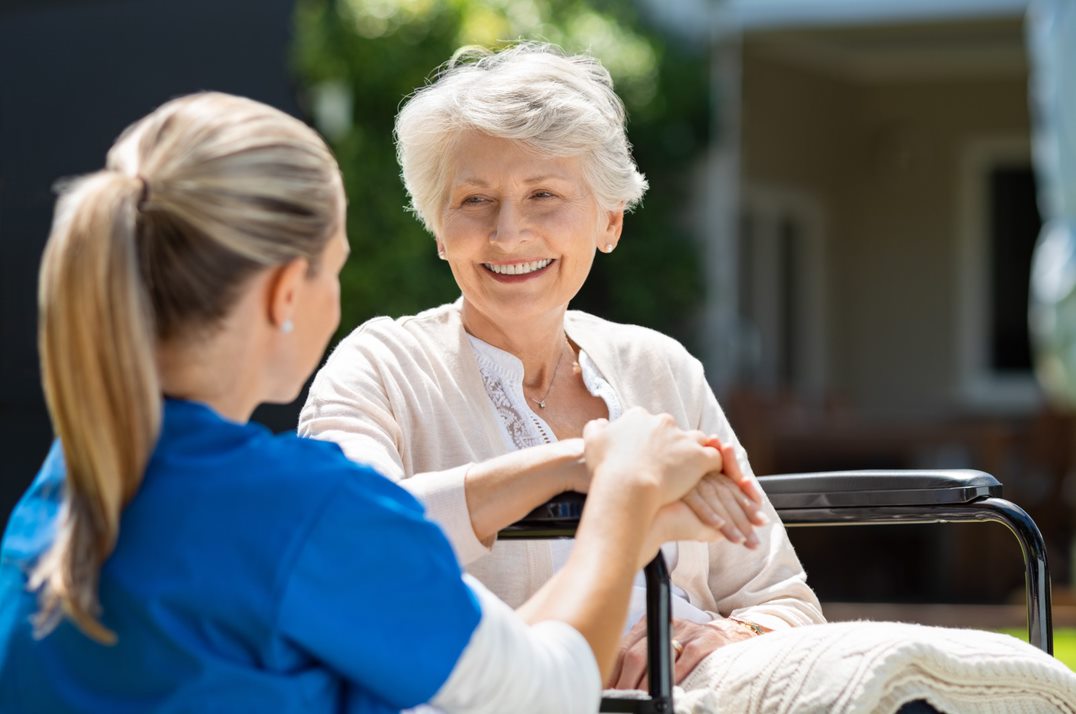The Best Guide To Dementia Fall Risk
Table of ContentsA Biased View of Dementia Fall RiskSome Known Details About Dementia Fall Risk Dementia Fall Risk - QuestionsTop Guidelines Of Dementia Fall RiskThe Buzz on Dementia Fall Risk
The FRAT has three areas: fall danger status, danger element checklist, and activity strategy. An Autumn Threat Condition includes data regarding background of current falls, drugs, mental and cognitive condition of the client - Dementia Fall Risk.If the patient scores on a risk variable, the corresponding number of points are counted to the patient's loss threat score in the box to the much right. If an individual's autumn risk score amounts to 5 or higher, the person is at high risk for falls. If the individual scores just four factors or lower, they are still at some risk of dropping, and the nurse needs to utilize their finest medical analysis to handle all loss risk elements as part of a holistic care plan.
These basic techniques, in general, aid establish a secure environment that minimizes accidental falls and marks core precautionary measures for all individuals. Indications are crucial for patients at danger for falls.
The Of Dementia Fall Risk
Wristbands ought to consist of the patient's last and very first name, date of birth, and NHS number in the UK. Information should be printed/written in black versus a white history. Only red shade needs to be utilized to indicate special person status. These suggestions follow existing growths in individual recognition (Sevdalis et al., 2009).
Items that are as well much might require the client to reach out or ambulate unnecessarily and can possibly be a threat or contribute to falls. Helps protect against the individual from going out of bed with no help. Registered nurses react to fallers' call lights quicker than they do to lights launched by non-fallers.
Aesthetic problems can substantially cause falls. Maintaining the beds closer to the flooring reduces the threat of falls and severe injury. Placing the cushion on the floor significantly reduces autumn threat in some health care settings.
Unknown Facts About Dementia Fall Risk
Individuals that are tall and with weak leg muscle mass that try to rest on the bed from a standing position are likely to fall onto the bed because it's as well low for them to lower themselves securely. If a high client attempts to get up from a reduced bed without help, the person is likely to fall back down onto the bed or miss the bed and drop onto the flooring.
They're created to advertise prompt rescue, not to protect against drops from bed. Aside from bed my review here alarm systems, increased supervision for high-risk patients additionally might assist prevent drops.

Patients with a shuffling stride increase fall chances drastically. To decrease fall risk, footwear ought to be with a little to no heel, thin soles with slip-resistant step, and sustain the ankle joints. Recommend client to utilize nonskid socks to protect against the feet from moving upon standing. Encourage people to put on proper, well-fitting shoesnot nonskid socks for go to my site ambulation.
Getting The Dementia Fall Risk To Work
In a study, homes with adequate lights record less drops (Ramulu et al., 2021). Renovation in illumination at home may reduce fall rates in older adults.

Caretakers work for assuring a protected, secured, and risk-free environment. Nevertheless, studies demonstrated extremely recommended you read low-certainty proof that sitters reduce autumn threat in intense treatment hospitals and only moderate-certainty that alternatives like video clip surveillance can minimize sitter use without boosting autumn risk, suggesting that sitters are not as beneficial as at first thought (Greely et al., 2020).
Dementia Fall Risk Things To Know Before You Get This

Raised physical fitness reduces the threat for falls and limits injury that is received when autumn takes place. Land and water-based exercise programs may be likewise valuable on equilibrium and gait and therefore reduce the threat for falls. Water workout might add a favorable advantage on balance and gait for females 65 years and older.
Chair Surge Exercise is an easy sit-to-stand exercise that helps strengthen the muscular tissues in the upper legs and buttocks and boosts wheelchair and independence. The objective is to do Chair Increase exercises without making use of hands as the client ends up being stronger. See resources area for a thorough instruction on how to execute Chair Rise workout.